×
Save 20% On Your Purchase!
Use code SAVE20 at checkout to save on your purchase today from my Herbal Shop!
×
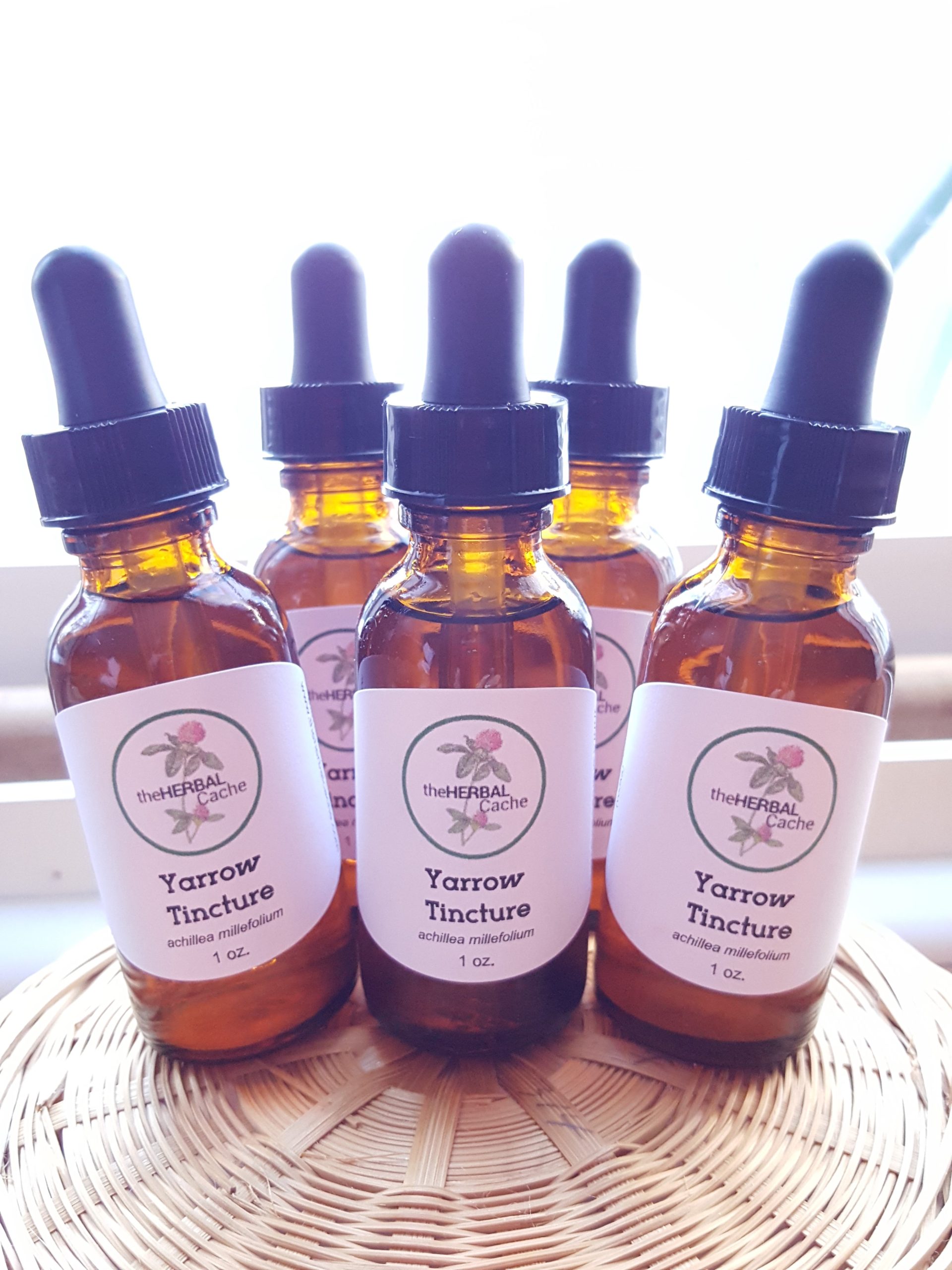

This is part three in my blog post series of “Myths in Herbal Medicine”. You can find the links to the other posts at the end of this post.
I feel that many people think that using herbal medicine can be expensive because it is natural. I guess that would depend on how you approach herbal medicine and what you are buying. But it doesn’t have to be expensive. And by this, I don’t mean that you need to get the cheap stuff either.
For the purpose of this post, by herbal medicine, I mean you can use herbs as food or make them into remedies, such as tinctures or oxymels. Because Hippocrates did say “Let food by thy medicine”.
In this post, I’ll show you a number of ways to get herbs for medicine and food, that won’t empty your wallet. Hopefully, you will find one or more that will suit your needs.
Purchasing herbs in larger quantities at a time can save you money. Some retailers may sell at a wholesale cost if you purchase a minimum amount. You may be able to save 30-70% getting them in bulk.
You will need space to store them. A cool, dark place is best. You can also share with others.
If you tend to store them, there are a number of safe ways to preserve them till use. Airsealing them in bags is how I do it. There are also buckets or pails you can purchase as well, for food grade items.
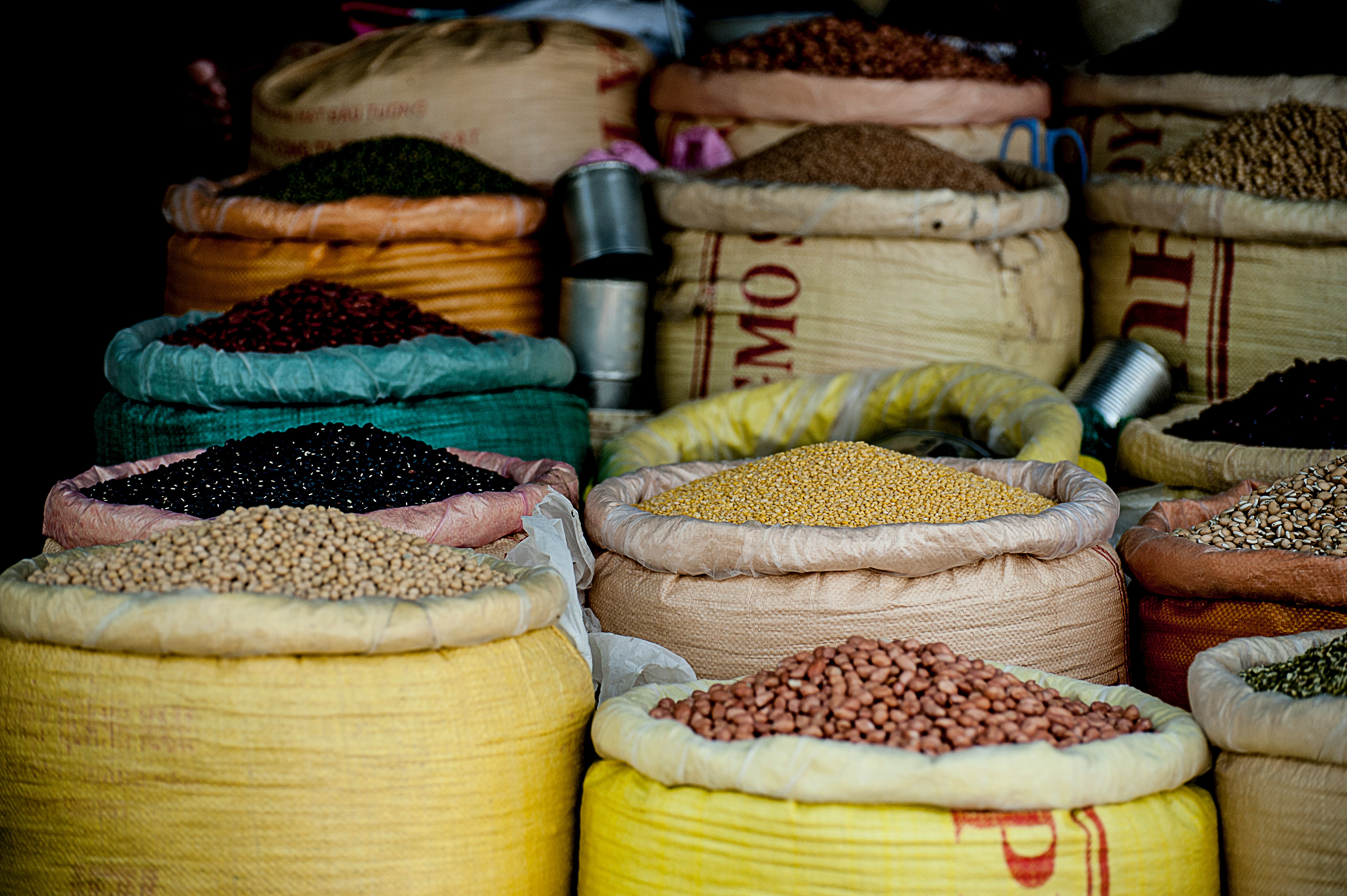
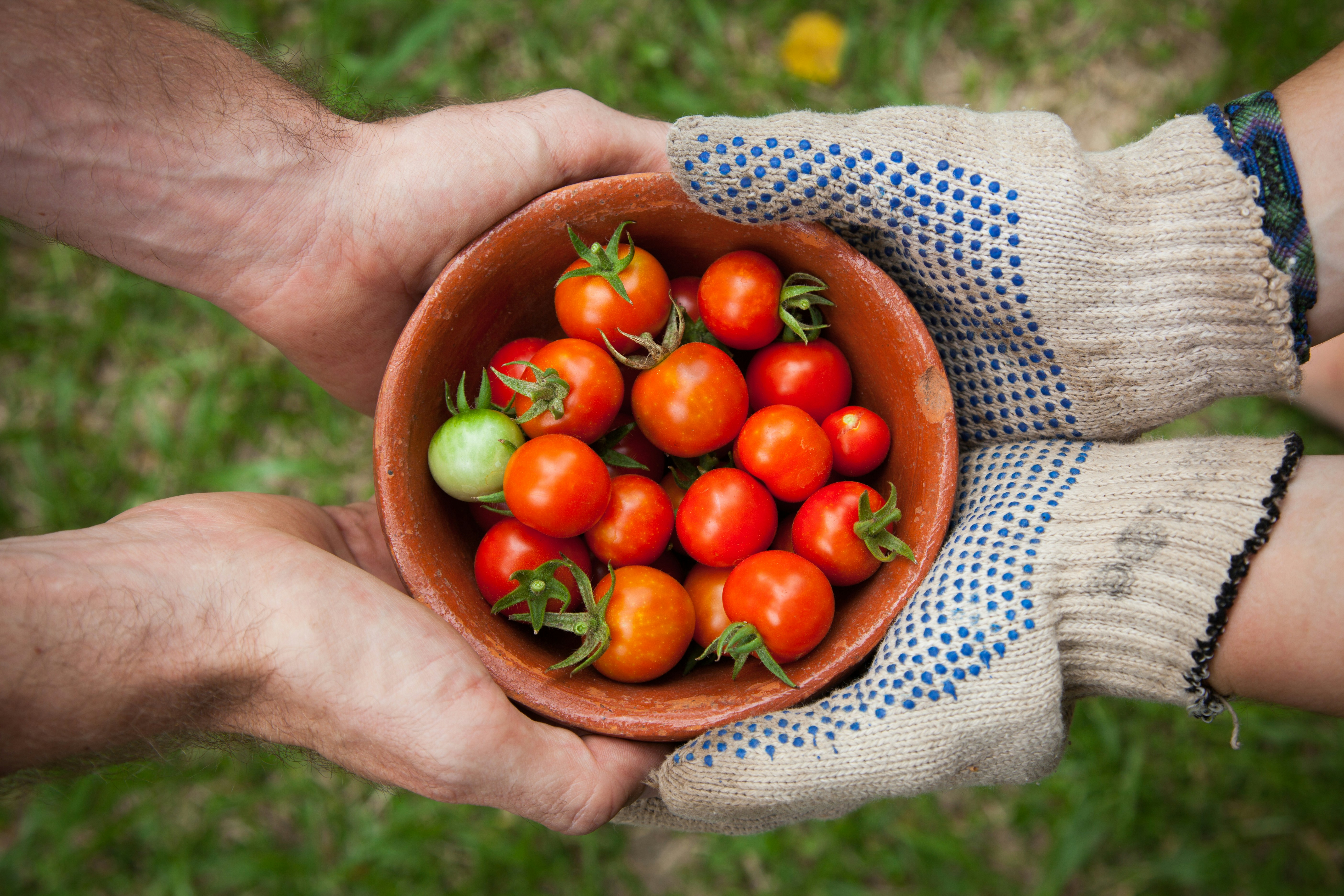
As I mentioned in the previous segment, sharing or partnering with others is another way to save.
Everyone likes saving money. So check with family and friends to see who, if anyone, is already buying the same herbs as you, and see if they want to split a purchase.
By dividing up the cost of herbs, it is not only cheaper, but also lets you use the herbs in a more timely manner. This may mean buying more frequently, but the herbs will be fresher. And who doesn’t like fresh herbs!
I know it is a little more time consuming, but keeping an eye out for sales and coupons can help save you money.
Holidays and company anniversaries are the perfect time to watch for sales.
Signing up for online herbal newsletters will sometimes offer a discount on a one-time purchase. Newsletters also can keep you posted as to when sales are coming up.
I like to utilize sales, even if I don’t need the herb at that time because it saves me money in the long run and I’m not paying full price.
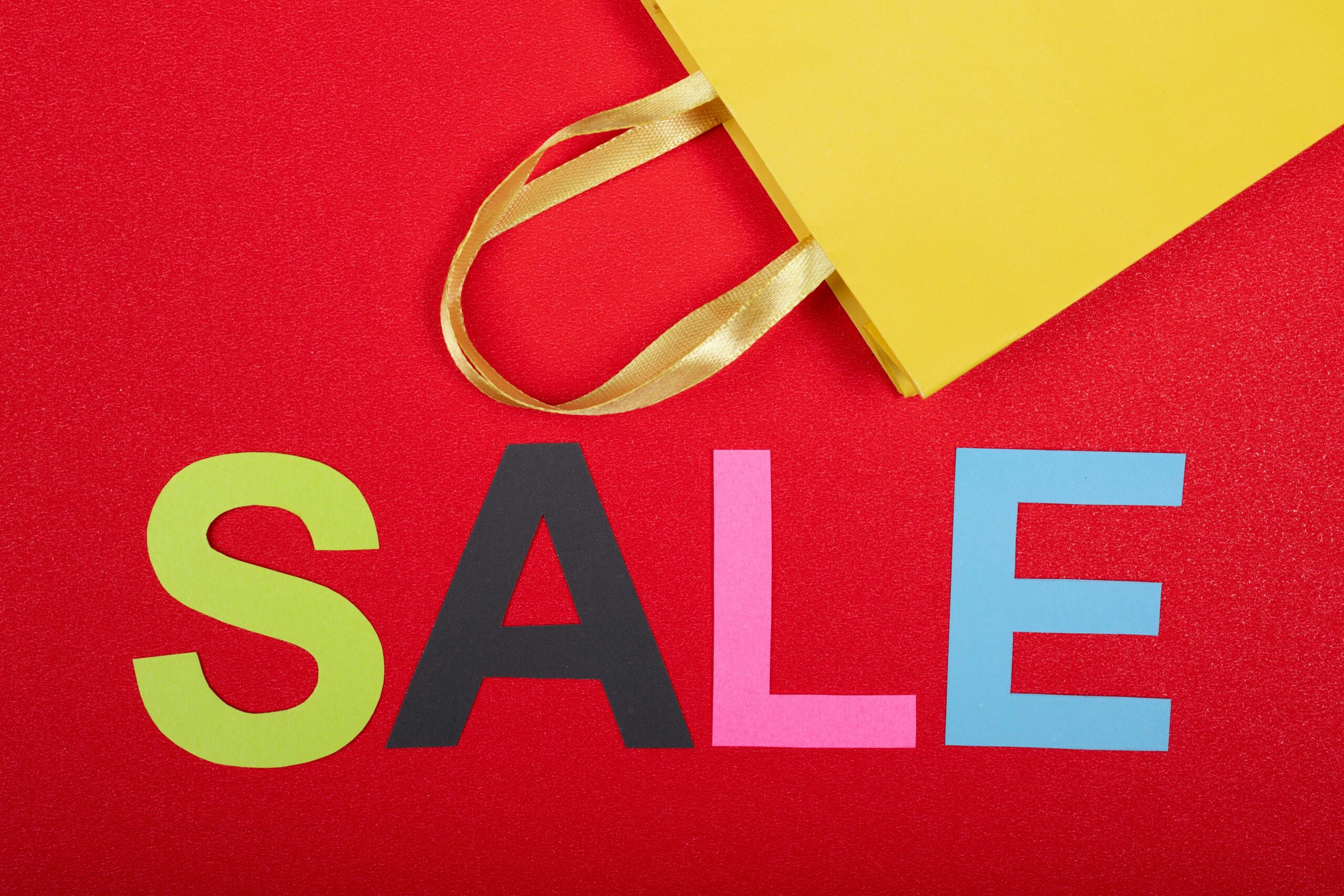
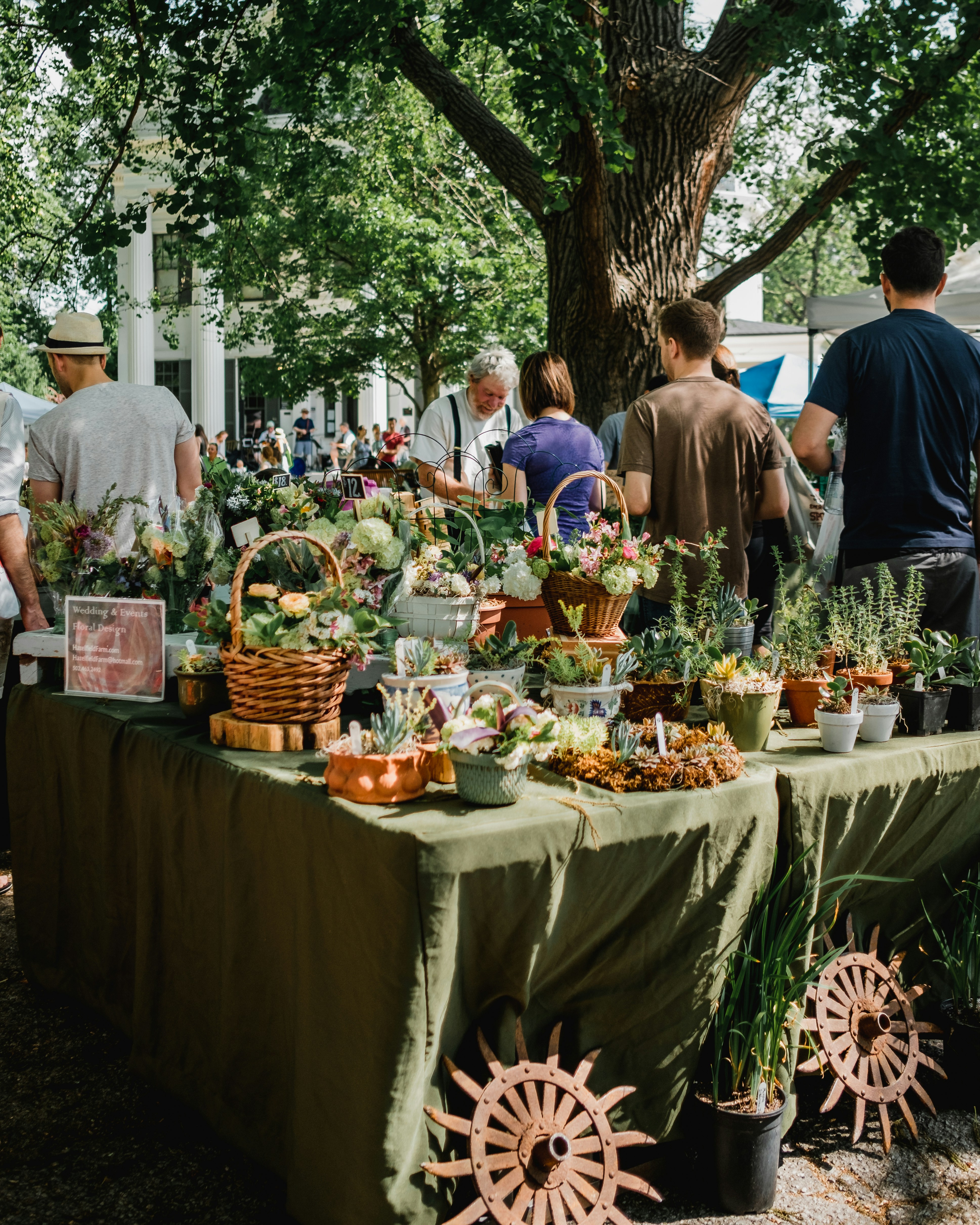
Supporting local is always a good way to find herbs to purchase and farmers markets make that very easy. Most cities and towns host farmers markets during the summer, and some even have them all year long.
I am a little biased here, on recommending farmers markets because I started my herbal business at the local farmers market in town. I sold my herbal products and got to know my weekly customers.
Something to keep in mind, some vendors at farmers markets will barter. So don’t be afraid to “make an offer” for herbs or herbal products you would like to purchase. But make sure to present a reasonable offer. You don’t want to upset a vendor with a ridiculous offer.
By shopping at farmers markets, you also get to know the person selling the herbs, can find out where the herbs are from, how they are harvested, etc. I feel this is one of the best ways to get your herbs because you get to know your herbs, unless you forage or grow your herbs.
I love foraging for a few reasons. First, the herbs, or maybe weeds for some, are free! Of course, this takes time and you need to know where to find the herbs.
Another reason I love foraging is because it gets you outside and into nature. Get your exercise and Vitamin D at the same time!
If you decide to forage, two things to keep in mind. Make sure you know how to identify the plants! There are some that have look-alikes, but can be deadly. Secondly, if its not your land, make sure you get permission to forage.
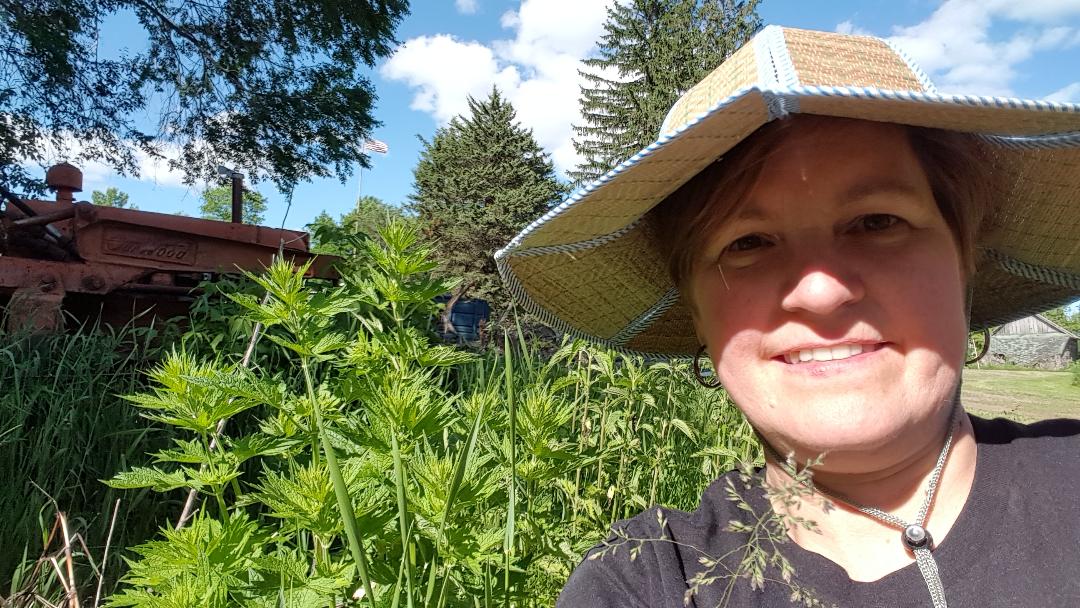
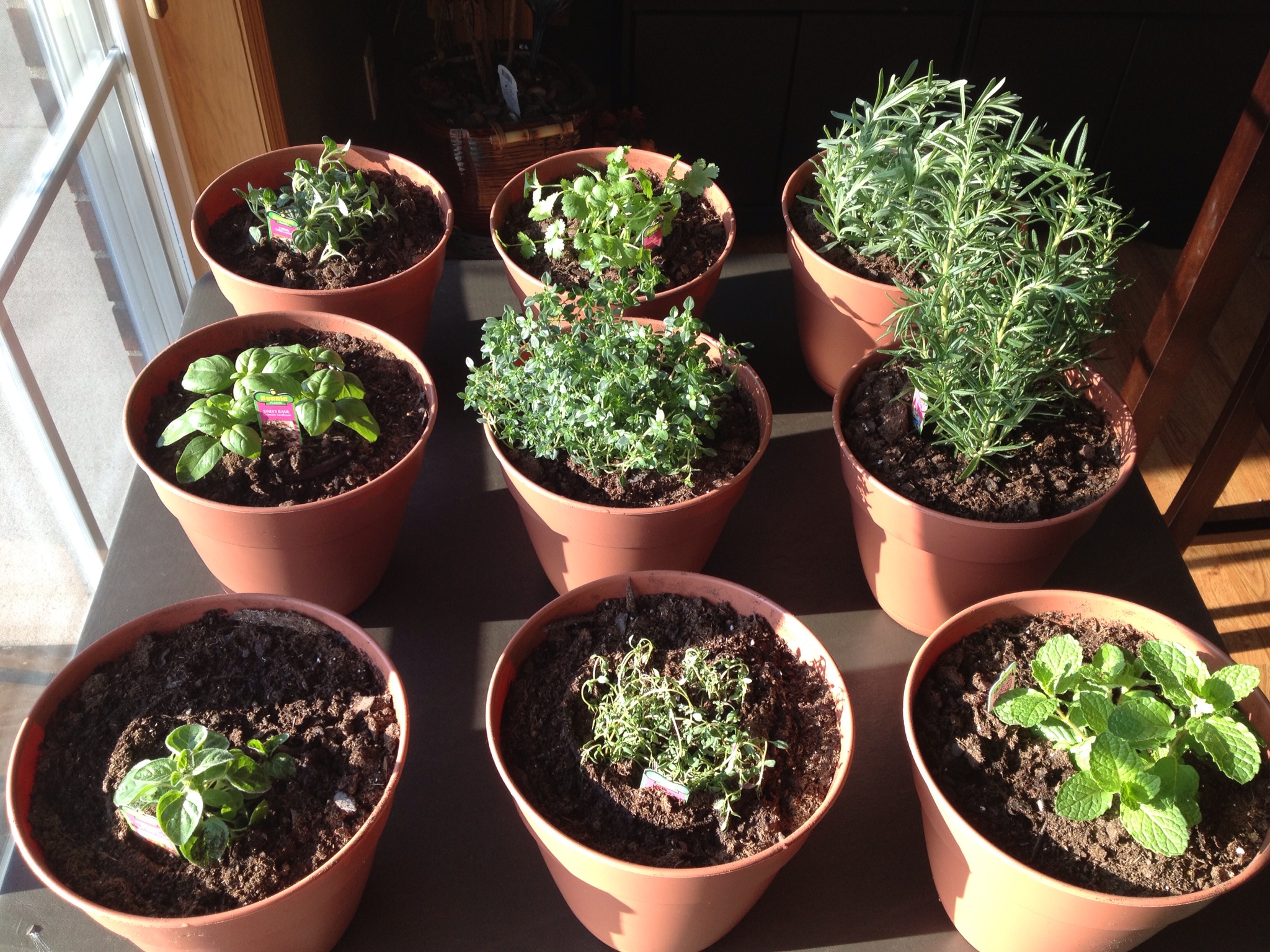
If you enjoy gardening, like me, try growing herbs. I love to watch plants grow and develop, whether in a garden or a patio pot.
Growing your own herbs holds many benefits. First, you can grow the herbs that you want to use. Second, you know exactly how they are grown and where they are coming from. Third, growing your own herbs can be relaxing and fulfilling.
And you don’t need a lot of space. Get a few pots or find a community garden. Don’t let space stop you.
As you can see, there are a number of ways that you can get herbs without breaking the bank. By partnering with others or growing your own, not only will you save money, but it will also give you a sense of accomplishment.
I hope you will find one or more of these ways to get the herbs you want into your herbal pharmacy.
Read my other blog posts in this series of “Myths in Herbal Medicine” and let me know what you think.
Herbs are Natural, so They are Safe

Did you know that Earth Day is the largest secular observance in the world? How cool is that!
This is the day where we can make an impact for the Earth. It is the day where we can begin taking care of the Earth like we want to be taken care of.
Earth Day began back in the 1970’s when there were policital and economical ups and downs. There were a number of people who became concerned with how we were treating our environment.
In 1970, Wisconsin Senator Gaylord Nelson introduced his idea for a ‘national teach-in on the environment’. This turned into the first Earth Day being celebrated across the United States on April 22, 1970. It pulled 20 million people together to promote a cleaner and safer living environment.
Over the decades, it grew to other countries and finally in 1990, it was global, with 141 countries and 200 million people celebrating Earth Day.
Earth Day is associated with “going green”. Going Green is defined as making more environmentally friendly decisions, such as to reduce, reuse and recycle.
And that’s great!
But are all Going Green decisions environmently friendly?
To find out, you have to dig deeper and look at the entire spectrum of the decision. Here are a couple “green” decisions to review.
Take a look at wind energy, which is one of the cheapest forms of clean energy. Wind turbines produce electricity from the turbines that spin generators.
Wind power is carbon-free and about 85% of turbine components, including steel, copper wire, electronics and gearing can be recycled or reused. But the fiberglass blades remain difficult to dispose of.
Tens of thousands of aging blades are coming down from steel towers around the world and most have nowhere to go but landfills. In the U.S. alone, about 8,000 will be removed in each of the next four years. These blades don’t disintagrate, and will be in the ground forever.
There are companies trying to find ways to recycle these turbine blades, but until then, what do we do with the blades? Is the final product worth filling landfills?
Another one in which to weigh the pros and cons is lithium, which is used in batteries, such as in electric cars. Take for example, the Tesla Model S battery, which has about 12 kilograms of lithium in it.
Lithium batteries are preferred over alkaline batteries for a number of reasons. First they last longer. They can withstand colder temperatures and they work better in portable devices, such as power tools.
But the mining and processing of lithium is far from being environmentally friendly. The extraction process uses a lot of water, and I mean a lot. When the water being used, “accidently” gets back into the environment, contamination takes place. In Nevada, researchers found impacts on fish as far as 150 miles downstream from a lithium processing operation.
Just because something is called “green”, doesn’t make it totally “green”. Research it and use your best judgement.
As stewards of the Earth, it is up to us to care for it so that it may take care of us in return.
There are many ways to take part as a care-taker for our planet.
For herbalists, Earth Day is recognizing that now is the time where plants are beginning to grow and start a new season.
Everyday we are stewards of the land as we share our knowledge and enthusiasm for the plant world. So in short, we celebrate Earth Day everyday!
But we, as herbalists and plant lovers, can do much more to help the planet. Here are some simple suggestions:
The Herbal Academy has a wonderful post called “How to be an environmentally sustainable Herbalist”. It has some great reminders on how we need to protect our plant world.
Want to try and see how much you know about deforestation and biodiversity?
Take the quiz HERE.
How did you do?
Did you learn anything new?
Is there something you can do today to start helping the environment?
If a pug can do it, we can do it!